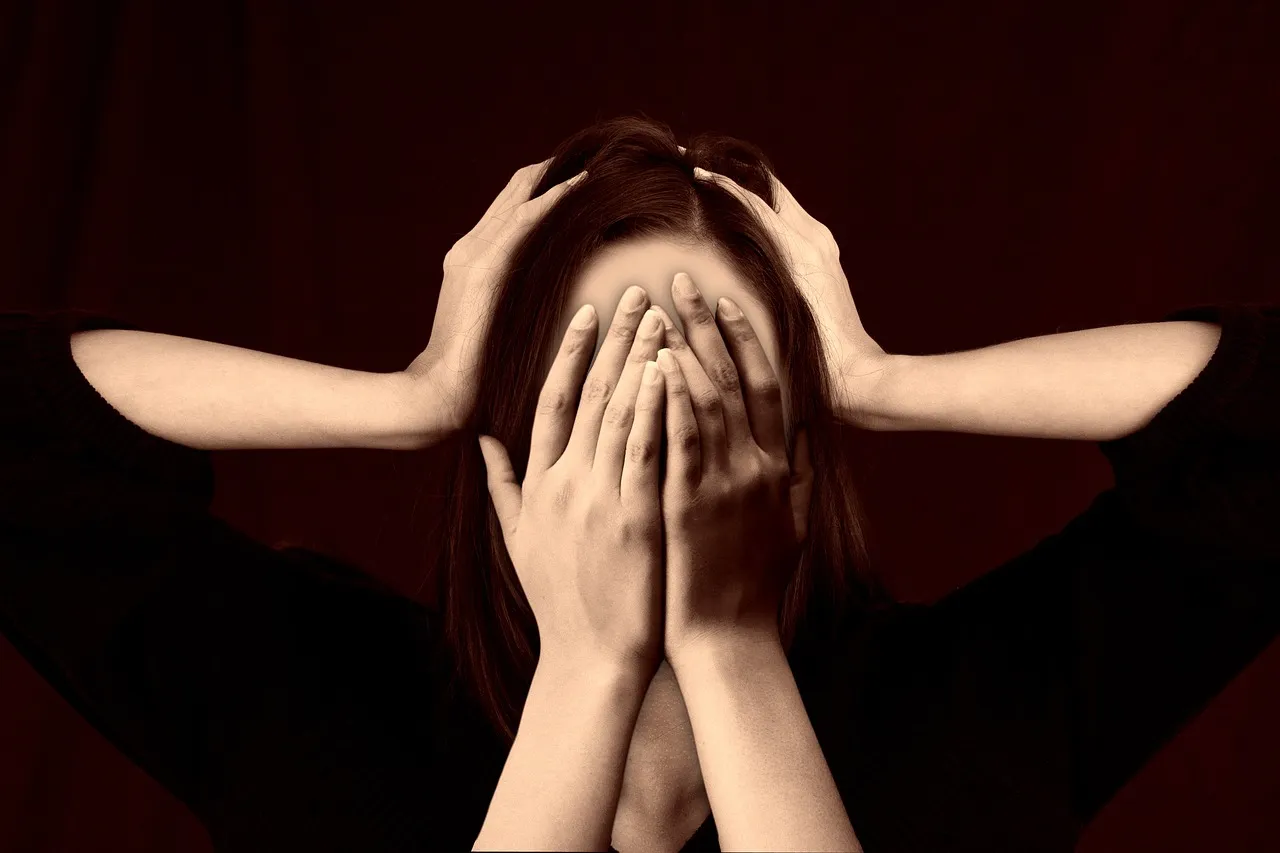
In any romantic relationship, intimacy plays a vital role in fostering connection and maintaining a strong bond between partners. However, when one or both individuals experience low libido, it can create a complex and challenging issue that can strain the relationship. Low libido refers to a decreased desire.
The impact of low libido on relationships is multi-faceted. It can lead to frustration, feelings of rejection, and even resentment between partners. The lack of physical intimacy may also result in emotional distance and an overall decline in relationship satisfaction.
Understanding the underlying causes of low libido is crucial in addressing this issue effectively. It can be influenced by various factors such as stress, hormonal imbalances, medical conditions, psychological factors, or even certain medications. Moreover, it is important to recognize that both men and women can experience low libido.
1. Stress and Mental Health Challenges
The workplace is often a major source of stress for many individuals. The constant pressure to meet deadlines, achieve targets, and excel in our careers can lead to burnout and negatively impact our mental health. Long hours, excessive workload, and lack of work-life balance further exacerbate the problem.
It is crucial to address these challenges head-on and prioritize mental health in both personal and professional settings. Creating a supportive environment that encourages open dialogue about stress and mental health is essential. Employers should implement measures such as flexible work arrangements, wellness programs, and access to counseling services to support their employees’ well-being.
Individuals must also take proactive steps to manage their stress levels effectively. This may include practicing self-care activities like exercise, meditation, or engaging in hobbies that bring joy and relaxation. Seeking professional help when needed is equally important.
By acknowledging the impact of stress on mental health and taking appropriate actions to address it, we can create healthier environments where individuals thrive both personally and professionally. Together we can break the stigma surrounding mental health issues and build a society that prioritizes well-being for all.
2. Hormonal Imbalances or Medical Conditions
Hormonal imbalances and medical conditions can have a significant impact on one’s libido and overall health. It is important to recognize the role that hormones play in regulating our bodies.
Hormonal imbalances, such as low testosterone levels, can lead to a decrease in libido for both men and women. Testosterone Replacement Therapy Insights from PeakPerforMAX show that regaining testosterone levels can help a person increase their energy, libido, and even improve their mood.
Recognizing the impact of hormonal imbalances and medical conditions on libido is crucial for understanding the underlying causes of decreased libido. By addressing these issues through proper medical care and treatment options, individuals can take steps towards improving their overall health.
3. Relationship Issues and Emotional Connection
In any relationship, it is common to encounter differences in needs and desires. These differences can lead to unresolved conflicts and hinder the emotional connection between partners. However, by fostering open communication about intimacy needs, couples can strengthen their bond and overcome these challenges.
One of the key factors in maintaining a healthy emotional connection is understanding and addressing each other’s needs. It is crucial for partners to recognize that their desires may differ and that compromise is necessary for a harmonious relationship. By actively listening to one another and validating each other’s feelings, couples can work towards finding common ground and resolving conflicts.
Unresolved conflicts can create emotional distance between partners. It is essential to address these issues openly and honestly, rather than letting them fester over time. By engaging in constructive conversations about the root causes of conflicts, couples can gain a deeper understanding of each other’s perspectives and find mutually satisfying solutions.
4. Body Image Issues and Self-Esteem Challenges
Many individuals face body image issues and self-esteem challenges due to various factors. One significant factor is the impact of past trauma or abuse experiences on their perception of body image. Traumatic experiences can leave lasting emotional scars, which may manifest in negative body image perceptions.
Societal pressure and unrealistic beauty standards also play a significant role in contributing to body image issues. The media bombards us with images of “perfect” bodies, setting unrealistic expectations that are nearly impossible to achieve for the majority of people. This constant comparison can lead to feelings of inadequacy and a distorted perception of one’s own appearance.
Addressing these challenges requires a holistic approach that encompasses mental health support, education about realistic beauty standards, and promoting positive self-care practices. By fostering a culture that celebrates diversity and emphasizes inner qualities rather than external appearance, we can help individuals develop healthier relationships with their bodies and boost their overall self-esteem.
In conclusion, nurturing a fulfilling and satisfying relationship requires key qualities such as openness, empathy, patience, and understanding. These qualities form the foundation of a strong bond between individuals and contribute to the overall happiness and growth of the relationship.





